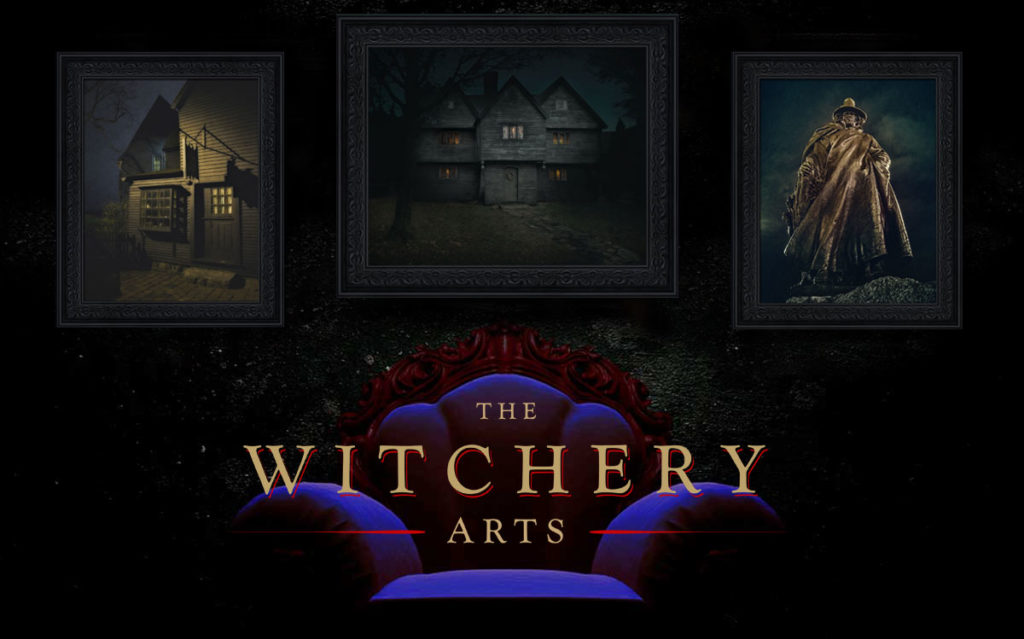
Valerian has had a place in the magical pharmacy since ancient Rome and Greece. The Roman physician and philosopher Aelius Galenus remarked on its use as an aid to insomnia, which was also known by the Greeks, as it was written up by Hippocrates a few centuries earlier.
Our old friend, Nicholas Culpeper described Valerian in more magical terms, claiming it lie under the influence of the planet Mercury. He wrote that “”the root boiled with liquorice, raisons and aniseed is good for those troubled with cough. Also, it is of special value against the plague, the decoction thereof being drunk and the root smelled. The green herb being bruised and applied to the head taketh away pain and pricking thereof.”
Previously, John Gerard wrote in his Herball (1597) that Valerian was used extensively in the north of England, as well as Scotland.
During the medieval era, it was carried in the clothing of the groom at weddings to keep the elves away in Switzerland.
One drawback to the plant which I found, which confirmed Culpepper’s observation, is whilst hanging it up to dry in the kitchen was the roots bear a strong resemblance to the smell of wet dog.







Leave a Reply